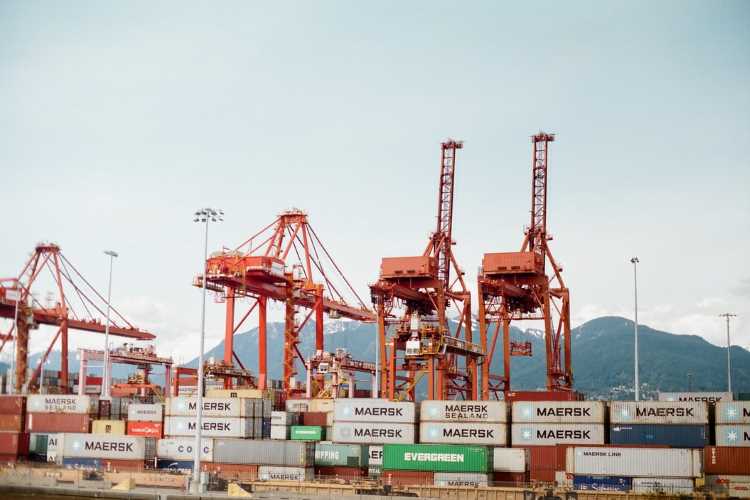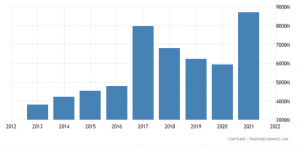
Russia-India FTA talks: While the whole world is looking to choke Russian economy by putting curbs on trade ties with Moscow, India has strengthened its trade ties with the long-time ally. The two countries are in the middle of discussions for a free trade agreement and the development is likely to affect India’s relations with the United States. The western countries led by the US and European nations are trying to isolate Moscow for its aggression against Ukraine.
India has been on a strange diplomatic mission ever since the beginning of the Russia-Ukraine war. It has drawn ire of the West over its trading choices. New Delhi continues to court Russia and has deepened bilateral commercial ties that have flourished since the Ukraine war broke out in February last year. The Russia-India FTA talks mark a step ahead in economic relations between the two countries. By joining FTA talks with Russia, India has chosen to ignore the concerns of the Western countries that have urged India to distance itself from Russia, which is a leading weapons supplier.
READ | Make in India: PLI scheme can lift electronics manufacturing industry
India’s imports from Russia have more than quadrupled to $46.33 billion over the last fiscal year. This is because Moscow offered cheap crude oil to India at a time when the latter was worried about rising inflation owing to high energy prices. In October, Moscow became India’s top oil supplier, surpassing traditional sellers such as Saudi Arabia and Iraq.
Imports from Moscow accounted for 22% of India’s total crude imports in October, a jump from the pre-war period when Russia accounted for merely 0.2% in the total imports. Clearly, India was eyeing to kill two birds with one stone. One, it managed to keep relations with an important ally and second, it also procured cheaper oil as a bonus. The country’s independent policy on the Ukraine conflict even managed to win praises from President Vladimir Putin.
Russia-India FTA talks
Indian Foreign Minister S Jaishankar said that the two countries were supposed to get into trade talks even before the pandemic. However, now that the two countries have resumed the talks, it will have a significant impact on trade relationships between the countries. Moscow is eyeing road construction material and equipment, chemicals, and pharmaceutical products which are in demand in Russia. The country now hopes that Indian companies will ramp up their supplies to Russia.
India’s imports from Russia

Indian businesses could benefit from Russian technology and New Delhi is working to iron out payments, certification and logistics issues. The timing of the FTA is so beneficial for India as an OPEC+ decision to cut down oil production puts Indian crude imports at risk. Emphasising India’s willingness to trade with Russia, finance minister Nirmala Sitharaman recently said that the country could buy Russian crude oil near or past the level of a G7 price cap. India is the third largest consumer of energy and meets 85% of its demand from crude imports.
Russian Deputy Prime Minister Denis Manturov, who is also the country’s trade minister, said at an event in New Delhi that special attention is being paid to the issues of mutual access of production to the markets of the two countries. Russia reportedly, also seeks to import more than 500 products from India for key sectors including cars, aircraft and trains.
A deal with India is important for Moscow, given the Western sanctions that have undermined its ability to keep core industries operating. India is a rare friendly option on the table among a host of hostile nations keen on squeezing the financial strength of Russia to continue its military action in Ukraine.
To sweeten the deal, Russia is also open to using currencies of friendlier nations, Manturov said. This is a win-win for India which itself is looking to break Euro-Dollar duopoly and hence launched its own digital currency to facilitate trade.
Meanwhile, New Delhi is on an FTA signing spree and is also engaged in trade discussions with Britain, the European Union and the Gulf Cooperation Council. It has helped New Delhi’s cause that it refrained from being critical of Russia, and also managed to avoid a diplomatic crisis.
Like India, Russia is also courting other countries including Bangladesh and Pakistan and is boosting commerce with Asian giant China as a part of its strategy to offset the impact of Western sanctions. To that end, it agreed to settle payments in yuan for building a nuclear power plant in Bangladesh. It is also discussing discounted oil exports to Pakistan.
